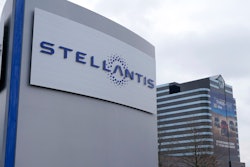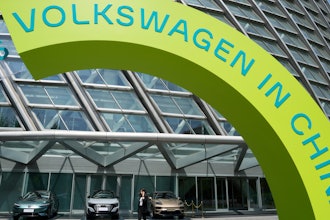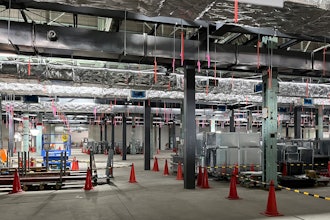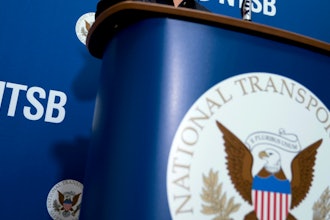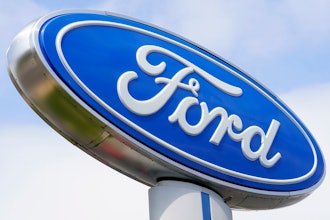Expanding commuter rail from Lowell, Massachusetts, to Manchester, New Hampshire, is the best option to help attract employers, lure new residents and support economic growth, according to a two-year study released Tuesday.
The New Hampshire Capitol Corridor Rail and Transit study shows that stretching rail from Lowell, Massachusetts to Manchester would cost $246 million. That plan envisions 3,120 riders each weekday and 5,600 jobs created.
"Considering the complete range of benefits, this option is the strongest alternative," according to the report released by the New Hampshire Department of Transportation. "Manchester Regional Commuter Rail performs very well in terms of ridership, economic development, and land-use impact; however, it is one of the most expensive options."
Getting the rail to Nashua would cost $120 million in capital expenses and attract about 2,000 riders a day. That option would create an estimated 1,200 jobs.
Federal funding would cover at least half the cost of the Manchester project and probably more. There's a 20 percent state match required plus the operating and maintenance costs — estimated at $10.8 million a year for the Manchester project — that could come from sources including the state's capital program, parking fees and vehicle registration fees, among others.
Other options studied included doing nothing, an Amtrak-style train service from Boston to Concord and dedicating a bus lane on the shoulder of Interstate 93, which is currently clogged with traffic.
Since passenger rail service between Boston and Concord stopped in 1967, the commuter belt spread to the north and shows no sign of slowing down, according to the report. The jobs stayed in the Boston area, leaving New Hampshire lagging in job creation — especially high-tech sectors — while its residential growth continued to climb.
The result: Heavy-duty congestion that continues to get worse along the two main corridors linking New Hampshire to Boston — I-93 and the US 3/Route 128/I-95 combination. The study found that during the peak morning commute, speeds averaged 30 mph, slowing to 12 mph nearer to Boston. The Boston Metropolitan Planning Organization projects volume to increase by nearly 20 percent on I-93 by 2030.
The study also points out that "millennials" — those born between roughly 1982 and 2003 — are leaning toward jobs in "creative" industries such as high-tech and innovation, not heavy manufacturing. As a result, companies looking for lower-cost alternatives to Boston could be lured north if the transit system was improved.
The $3.6 million study, which was funded by the Federal Railroad Administration and Federal Transit Administration, says the next step is for state policymakers to digest the findings and discuss ways forward.







